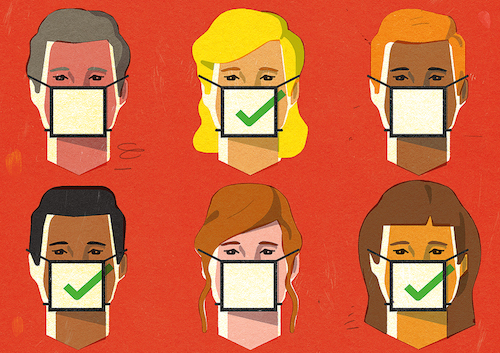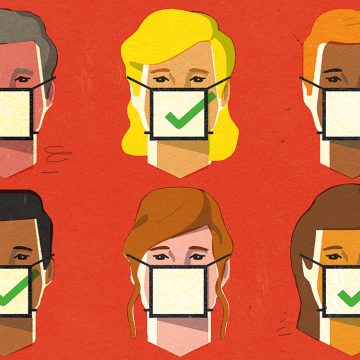Over the past two decades, Bay Street has hired second-year summer students in the same fashion. In October, the largest law firms would send a recruitment team to law schools across the country to vet applicants at 17-minute “speed dating” interviews. One month later, the top-rated students travelled to Toronto, where, over a three-day period, they interviewed at law offices in the downtown core. In the evening, most firms hosted cocktail parties and networking dinners. Finally, at 5 p.m. on the third day, firms called their favourite students to extend job offers. It was a gruelling ordeal.
The coronavirus has exploded this ritual. In March, as the pandemic hit Toronto, the legal profession concluded that recruitment season could not unfold as planned. The primary reason was safety. Recruiters and students could not meet at an in-person interview without risking infection.
There was also a more practical reason. At the end of the last academic year, many law schools adopted a pass-fail system in response to the pandemic. If the recruitment process began in the fall, on schedule, a large portion of second-year students would not have grades on their transcripts. That would deprive recruiters of a core metric they use to evaluate each application.
 By May, the Law Society of Ontario had approved a new schedule. The second-year summer recruit will now take place in the winter. Applications are due at the start of January. (This allows students to submit grades they earned during the first semester of the new school year.)
By May, the Law Society of Ontario had approved a new schedule. The second-year summer recruit will now take place in the winter. Applications are due at the start of January. (This allows students to submit grades they earned during the first semester of the new school year.)
There will, once again, be two phases of interviews. This includes an initial run of 17-minute interviews (most of which will take place in February) and a second round of in-depth interviews with the most competitive applicants (in March). Although the Law Society hasn’t forbidden in-person contact between students and recruiters, most firms have decided to move interviews onto videoconference software and to cancel networking events.
So what do firms think of the new schedule? “I don’t have any particular concerns about pushing it to January,” says Emily Lawrence, a partner at Paliare Roland and the director of the firm’s student program. But she does expect video interviews to pose a unique challenge. “You might have someone who would be charismatic in person, but, on Zoom, the medium just makes everyone a bit flatter,” she says. “We’re going to have to build another layer of thinking into how Zoom may not capture someone’s enthusiasm.”
Christopher McKenna, manager of student recruitment and programs at Bennett Jones LLP, is confident that the transition to video will be smooth. “A lot of students have had to work virtually this summer,” he says. “They’re not inexperienced. I think we need to give this generation some credit.” If anything, he thinks video interviews could make the process better for introverted and socially anxious students.
Whether any changes will become permanent hinges on how recruitment goes in the winter. Jennifer Wing, a spokesperson at the Law Society, says the regulator will be closely watching the overhauled process. One particular area of interest will be the elimination of networking events, which often confer an advantage onto certain students. “The Law Society is hopeful that the revised process will be more inclusive,” says Wing, “while at the same time addressing the unique needs that have arisen as a result of COVID-19.”
This is a story from our Winter 2020 Issue.
Illustration by Pete Ryan


